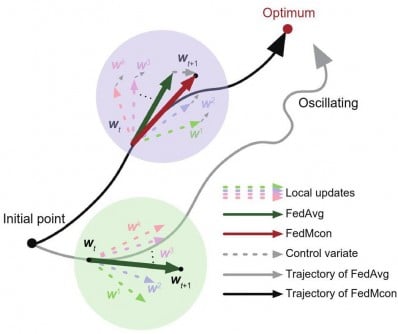A groundbreaking study conducted by researchers at Case Western Reserve University has revealed that the severity of a cornea donor’s diabetes does not adversely impact the outcomes of corneal transplants. This finding significantly expands the potential donor pool for patients in need of these vital procedures.
The research, published in 2023, indicates that the structural integrity of corneas remains healthy, regardless of the donor’s diabetes status. This could lead to improved availability of donor corneas, which are essential for restoring vision in patients suffering from conditions such as corneal blindness.
Understanding the Implications for Corneal Transplants
Currently, corneal transplants provide an effective solution for restoring eyesight, but there is a persistent shortage of suitable donors. The findings from this study suggest that individuals with diabetes, who were previously considered less ideal candidates for donation, can now be included in the donor pool without concerns about poorer transplant outcomes.
Dr. James D. Dorsey, a lead investigator in the study, emphasized the significance of these findings. “Our research demonstrates that diabetic donors can contribute healthy corneas that function properly after transplantation,” he stated. This could encourage more people to consider becoming donors, ultimately benefiting countless patients worldwide.
The study involved evaluating corneas from diabetic donors and comparing them to those from non-diabetic individuals. The results showed no significant differences in transplant success rates or corneal health post-surgery, a crucial factor for medical professionals when assessing donor viability.
Future Directions in Transplant Research
These insights not only pave the way for more inclusive donor criteria but also suggest a need for ongoing research into the effects of diabetes on ocular health. As medical technology advances, understanding the nuances of how diseases like diabetes affect organ donation could further enhance transplant success.
While the potential for increased donor availability is promising, experts recommend additional studies to explore long-term outcomes for patients receiving transplants from diabetic donors. This could provide further assurance to both medical professionals and prospective donors.
The broader implications of this research extend beyond mere statistics; they resonate deeply with patients who are waiting for transplants and their families. The ability to expand the donor pool offers hope and could lead to faster procedures for those in need.
As the healthcare community continues to address the challenges of organ donation, studies like this one from Case Western Reserve University are vital. They not only enhance our understanding of transplantation but also open new doors for enhancing patient care and outcomes.







































































